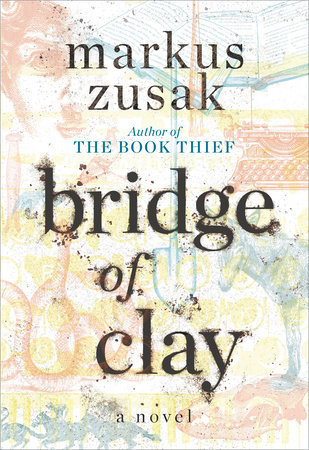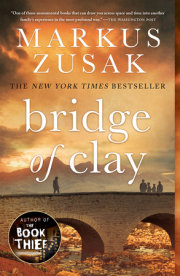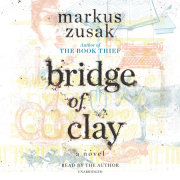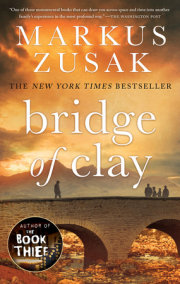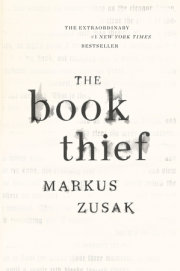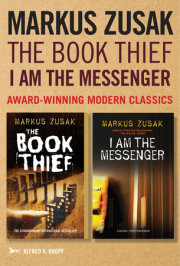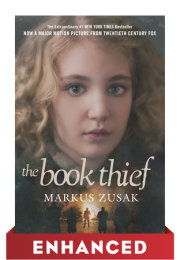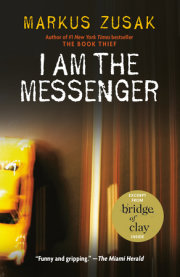Get Inspired! Books for After-School Clubs & Activities
Coordinating after-school clubs and activities in your school community? Explore our collection of books that will help students discover their passion for new (and screen-free!) hobbies. Focusing on topics such as art, board games, crafting, cooking, nature, sports, and more—these books are bound to spark imagination and movement. Browse the middle school and high school

